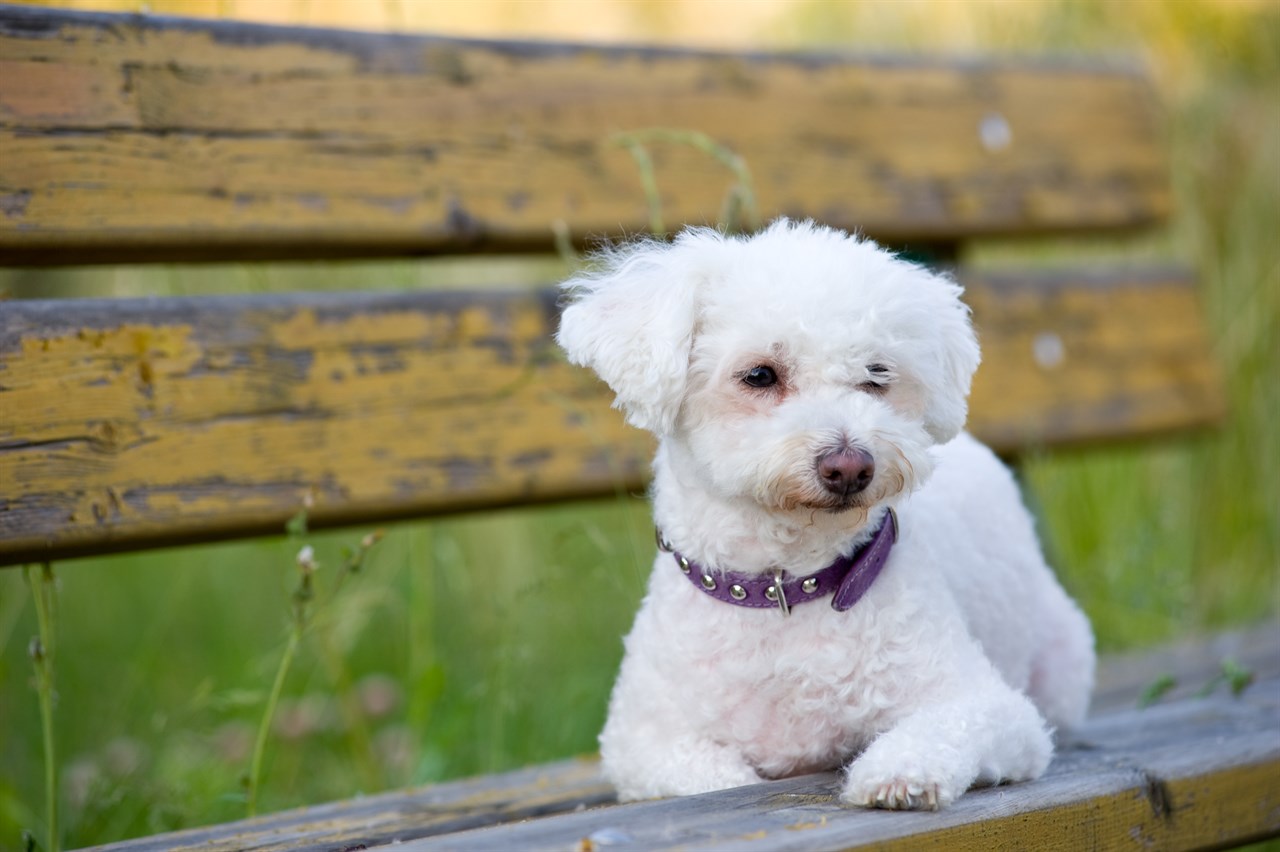Feeding Habits and Food Requirements of the Maltese

Proper nutrition is essential for the health and well-being of Maltese dogs. These small, elegant dogs have specific feeding habits and dietary requirements that need attention to keep them in optimal health.
Feeding Habits
- Small, Frequent Meals: Maltese dogs have small stomachs, so it's advisable to feed them several small meals throughout the day rather than one or two large meals. This helps prevent digestive issues and maintains stable blood sugar levels.
- Scheduled Feeding: Establish a consistent feeding schedule to help your Maltese anticipate meal times. Regularity can also aid in housebreaking by regulating their bathroom habits.
- Hydration: Ensure your Maltese always has access to fresh, clean water. Proper hydration is crucial for overall health and digestion.
- Elevated Bowls: Due to their small stature, some Maltese dogs may benefit from eating from elevated food and water bowls to prevent strain on their necks and backs.
Food Requirements
- High-Quality Dog Food: Choose a high-quality commercial dog food formulated for small breeds or toy breeds like the Maltese. Look for products that list a named protein source (e.g., chicken or lamb) as the primary ingredient.
- Protein: Maltese dogs require a balanced amount of protein in their diet to support muscle health. Protein sources should be of high quality and easily digestible.
- Fat: A moderate amount of healthy fats, such as those from animal sources or plant oils, provides energy and supports skin and coat health.
- Carbohydrates: Carbohydrates from sources like rice or sweet potatoes can provide essential energy. Fiber can aid digestion.
- Avoid Fillers: Avoid dog foods with excessive fillers, artificial additives, or unnecessary preservatives. These can be hard on your Maltese's delicate digestive system.
- Consult Your Veterinarian: Maltese dogs can be prone to allergies or sensitivities. If you suspect food allergies or sensitivities, consult your veterinarian for guidance on selecting an appropriate diet.
- Portion Control: Be mindful of portion sizes to prevent overfeeding, which can lead to obesity. Follow the feeding guidelines provided on the dog food packaging, adjusting as needed based on your Maltese's age, activity level, and weight.
- Treats: Limit treats and snacks to prevent excess calorie intake. Opt for healthy, bite-sized treats suitable for small dogs.
- Special Diets: In some cases, your Maltese may require a specialised diet due to allergies, medical conditions, or age-related dietary changes. Always follow your veterinarian's recommendations in these situations.
- Transitioning Food: If you plan to change your Maltese's diet, do so gradually over several days to prevent digestive upset. Mix a small amount of the new food with the old food and gradually increase the proportion of the new food until it replaces the old food entirely.
Proper nutrition plays a vital role in the health and longevity of Maltese dogs. By providing a balanced and appropriate diet, adhering to portion control, and monitoring their weight, you can help your Maltese maintain an ideal body condition and enjoy a healthy and active life. Consult with your veterinarian for specific dietary recommendations tailored to your individual Maltese's needs.